Through many long marches to build and defend the country, from the time of the Trung Sisters, Trieu Thi Ba, Ly Thuong Kiet, Tran Hung Dao... to patriotic movements such as Can Vuong, Dong Du, Dong Kinh Nghia Thuc... not once did the Vietnamese people submit to the invading boots of foreign powers.
During the darkest years of history, when the country was struggling under the yoke of colonial rule, a torch shone brightly in the dark night, illuminating the path for the entire nation - that was Ho Chi Minh .
Uncle Ho was not only a genius leader and an outstanding revolutionary, but also a noble embodiment of the will to be self-reliant, of the desire for independence and immortal freedom. In the hearts of millions of Vietnamese people, Uncle Ho is the crystallization of the sacred soul of the mountains and rivers, an immortal symbol of patriotism, sacrifice and immense compassion.
Since his childhood, Uncle Ho witnessed with his own eyes the scene of his compatriots - the lowly people - being condemned to a life of slavery and misery under the heels of invaders.
The image of a devastated homeland, starving people, and choked cries amid beatings and injustice were soon engraved in the sensitive and compassionate soul of the young man Nguyen Tat Thanh. The pain of losing his country, the humiliation of being deprived of human rights on his own homeland lit a fire in him - the fire of the desire for freedom, of the will to liberate the nation.
That fire smoldered, then flared up fiercely, urging him to leave his homeland and begin a arduous but great journey to find a way to save the country - the journey of a man with a historical mission.
On June 5, 1911, "The country is so beautiful but Uncle Ho must leave..." - that sentence has gone down in history as a milestone marking the beginning of the great journey of a man with a mission to save the country. The young man Nguyen Tat Thanh left Nha Rong port, starting his journey to travel around the world.
From being a kitchen assistant on the Admiral Latouche-Tréville, working as a photographer, snow shoveler, and journalist, to setting foot in many countries such as France, England, America, China, and the Soviet Union, the hard working life did not discourage him.
On the contrary, it was these challenges that further tempered his mettle, intelligence and resilience. Amidst countless hardships, practical experiences helped him deeply understand the injustice of the colonial world and urged him to find a way to liberate the nation. His burning patriotism and belief in the bright future of the country never faded in him, no matter how difficult the situation was.
In the early years of his journey to find a way to save the country, Uncle Ho soon witnessed with his own eyes the common pain of oppressed peoples. In his work "Stories about President Ho's life and activities" , Tran Dan Tien recorded: "When we arrived at Da-ca, the sea was very rough. The ship could not reach the shore. We could not lower the canoe because the waves were very big. To communicate with the ship, the French on the shore forced the black people to swim to the ship. One, two, three, four black people jumped into the water. One after another, they were swept away by the waves" (The Truth Publishing House, Saigon - Gia Dinh Department of Information and Culture, reprinted in 1975).
Uncle Ho (at that time, his name was Ba) shed tears. Tears were not only out of sympathy, but also out of indignation at the cruelty of colonialism - which turned people into tools, and life became meaningless.
His haunting statement: “The life of a colonialist, whether yellow or black, is not worth a penny” is a resolute condemnation of the inhumane oppressive regime, and at the same time demonstrates a vision that goes beyond national borders – a great humanitarian heart that always strives for freedom and human dignity around the world.
During his years of wandering abroad, Ho Chi Minh experienced countless hardships, doing all kinds of jobs to earn a living and learn, but never succumbed to difficulties. Those were the days:
Do you remember, cold wind of Paris?
A pink brick, Uncle Ho resisted a whole season of ice
And the London fog, do you remember?
Drops of sweat in the middle of the night?
(The man in search of the shape of water - Che Lan Vien)
From America to Africa, he not only lived and worked, but also witnessed the suffering and injustice that the colonial people had to endure. All of these experiences helped him understand more deeply the brutal nature of imperialism, and from there, clearly formed the path of national liberation struggle. It was in those hardships that he grasped the extremely important values for the cause of national liberation: knowledge, resilience and immortal patriotism.
A touching and historical story is that in 1919, under the name Nguyen Ai Quoc, Uncle Ho sent the "Petition of the Annamese People" to the Versailles Conference, demanding freedom, democracy and equality for the Annamese people.
Although his demands were not met, it was the first time the voice of an oppressed people resounded in a prestigious international forum.
This was not only a brave and steadfast action of Nguyen Ai Quoc but also an important first step, marking the appearance of the Vietnamese people in the international arena.
By this action, Uncle Ho not only reclaimed freedom for his compatriots but also made a nation that yearned for independence famous, affirming its determination to never submit to colonialism. Nguyen Ai Quoc was the first person to initiate the great struggle of the Vietnamese people on the path to regaining self-determination.
One of the most important turning points in President Ho Chi Minh's journey to save the country was when he came into contact with Marxism-Leninism, especially when he read "Lenin's Theses on the National and Colonial Questions". At that moment, he could not contain his emotions:
“Thesis to Uncle Ho. And He cried
Uncle Ho's tears fall on the word Lenin
The four walls were silent, listening to Uncle Ho turn each page of the folded book.
"I thought the country was waiting for news from outside."
(The man in search of the shape of water - Che Lan Vien)
These were sacred moments, marking the enlightenment of the proletarian revolutionary ideal, opening the right path to national salvation for the Vietnamese people. From a patriot, Ho Chi Minh rose to become a communist, clearly realizing that the path to national liberation was closely linked to class liberation.
Lenin's revolutionary ideals lit up Uncle Ho's faith, helping him realize the only way to bring the nation out of slavery and stand up to become masters of the country.
"He shouted alone as if talking to the nation.
“Food and clothing are here! Happiness is here!”
(The man in search of the shape of water - Che Lan Vien)
It was not only Uncle Ho's joy, but also a joyful cry from the bottom of his heart, like an announcement to the entire Vietnamese people about a brighter future. That was the path to national liberation, the path that Ho Chi Minh and the Vietnamese people had persistently pursued until the day of final victory.
After nearly 30 years of wandering around the world, in the spring of 1941, Uncle Ho returned to the Fatherland, bringing with him the light of Marxism-Leninism, guiding our people to rise up and fight for independence.
His return was not only the return of a great leader, but also the rebirth of a great hope, awakening the spirit of patriotism and the desire for freedom in the hearts of every Vietnamese person, refusing to bow down under the yoke of slavery but ready to stand up to take control of their own destiny.
The most typical example is the decision to launch the August 1945 General Uprising. In the context of many fluctuations in the world and domestic situations, Uncle Ho correctly identified the "once in a thousand years" opportunity, calling on the entire nation to rise up and seize power.
This decision not only demonstrated great political acumen but also the ability to analyze the situation skillfully. More importantly, it was the spirit of taking responsibility for history of Uncle Ho - a man with foresight and courage to lead the nation through difficult challenges, to gain independence and freedom.
Under Uncle Ho's talented leadership, together with the spirit of solidarity and indomitability of the entire nation, the August Revolution in 1945 achieved glorious victory, giving birth to the Democratic Republic of Vietnam.
On September 2, 1945, at the historic Ba Dinh Square, Ho Chi Minh read the Declaration of Independence, declaring to the world the birth of an independent and free nation, affirming the right to self-determination and dignity of the Vietnamese people in the international arena.
During the resistance war against France, although our forces were still weak, Uncle Ho proposed a policy of all-people, comprehensive, long-term and self-reliant resistance.
With a strong belief in the strength of the People, Uncle Ho led our army and people to gradually defeat an enemy many times stronger, creating the Dien Bien Phu victory - a resounding victory that shook the whole world and affirmed the sovereignty of the Vietnamese people.
Next was the resistance war against America to save the country, full of hardship and sacrifice. Uncle Ho affirmed an immortal truth: "Nothing is more precious than independence and freedom".
With an iron will, determination and will to liberate the South and unify the country, Uncle Ho led the entire nation to fight steadfastly, persistently overcome many difficulties and achieved final victory in the spring of 1975.
The day beloved Uncle Ho passed away was a day of mourning, a great loss for the Vietnamese people. While the South was still engulfed in the flames of war, the country was not yet united, his passing left an inconsolable pain in the hearts of millions of Vietnamese.
The people mourned him not only because they lost a great leader but also because they lost a heart that devoted its entire life to the Fatherland and the People. His passing is an irreplaceable loss.
Uncle leave love for us
A life of purity, no gold or silver
Fragile cloth, infinite soul
More than bronze statues exposed the trails.
(Uncle! To Huu)
There are people who, even though they have passed away, still live forever in the hearts of the nation – not only by what they did, but also by the way they lived. President Ho Chi Minh – the beloved Father of the Vietnamese people – is such a person.
Uncle Ho's ideology, morality, style and deep patriotism will forever be a bright torch in life. The spiritual heritage and ideals that Uncle Ho left behind are like the evergreen tree of life.
On the occasion of the 135th anniversary of President Ho Chi Minh's birthday (May 19, 1890 - May 19, 2025), we not only review his life and great revolutionary career, but also pay tribute to a man who devoted his entire life to the people and the country, without thinking about himself: "Forever grateful to him - Ho Chi Minh".
Today’s generation, future generations – are still being warmed by the quiet halo that Uncle Ho left behind. That is the light of faith, kindness, and noble ideals of living for the community and for the country.
And every time the Fatherland faces difficulties, I feel that in the eyes of the People, in the red flag with yellow star fluttering in the sky, in the faith of the whole nation - Uncle Ho's heart still lives forever, guiding and lifting us towards the future.
Mai Thao
Source: https://baotayninh.vn/ho-chi-minh-viet-nam-dep-nhat-ten-nguoi--a190233.html


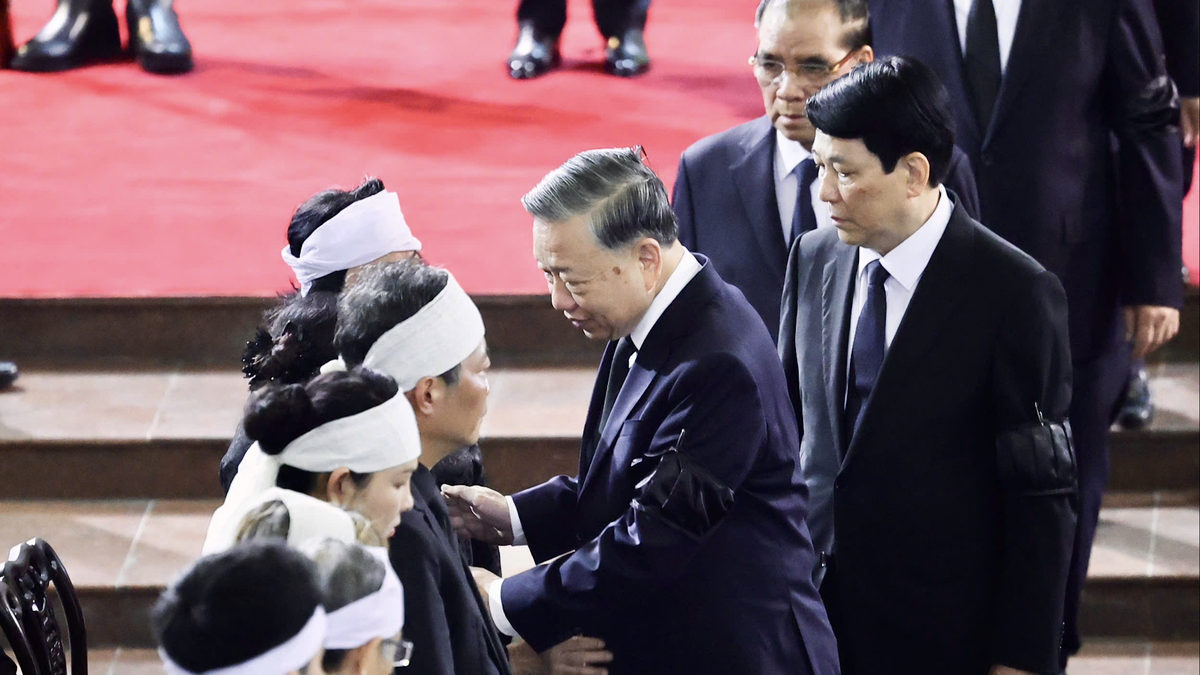
![[Photo] Top players gather at the 2025 Nhan Dan Newspaper National Table Tennis Championship](https://vphoto.vietnam.vn/thumb/1200x675/vietnam/resource/IMAGE/2025/5/23/9ad5f6f4faf146b08335e5c446edb107)

![[Photo] Anh Hoang - Dinh Duc successfully defended the men's doubles championship of the National Table Tennis Championship of Nhan Dan Newspaper](https://vphoto.vietnam.vn/thumb/1200x675/vietnam/resource/IMAGE/2025/5/23/d6ab3bcac02c49928b38c729d795cac6)
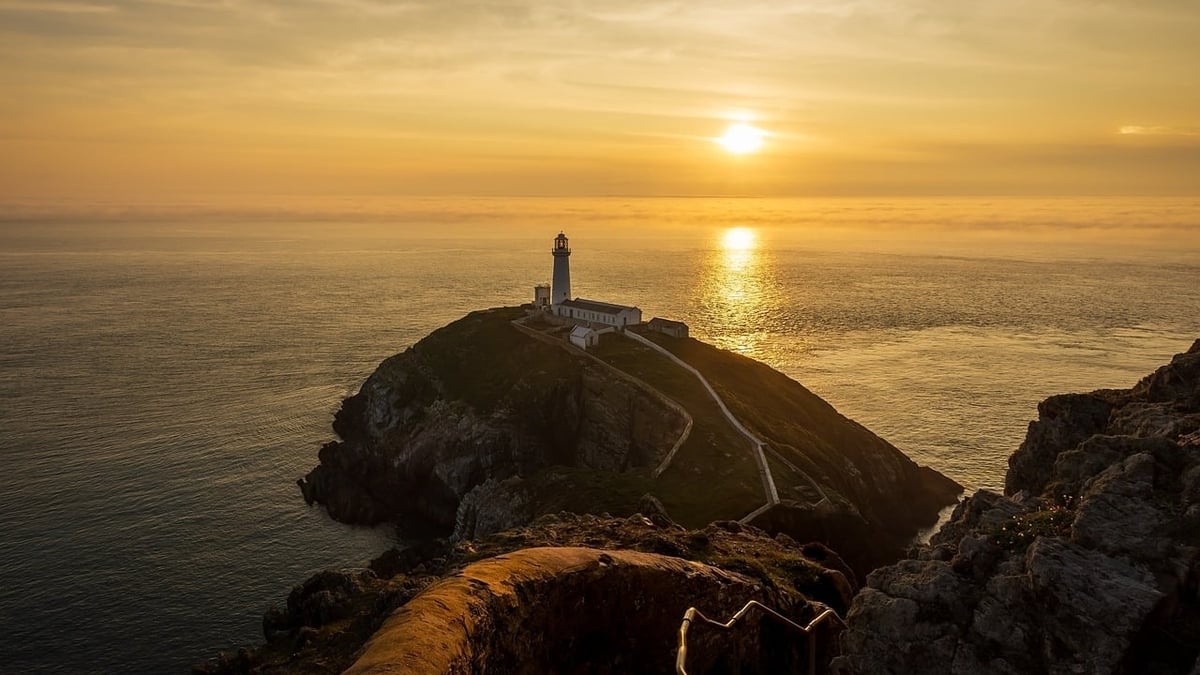
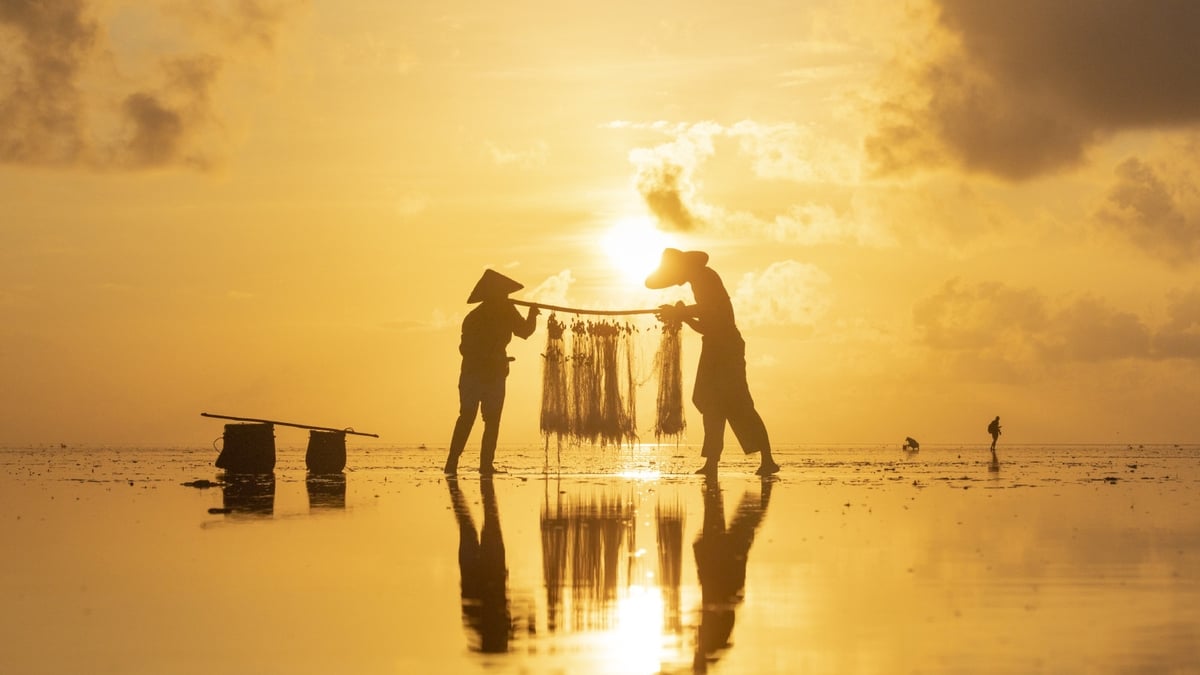
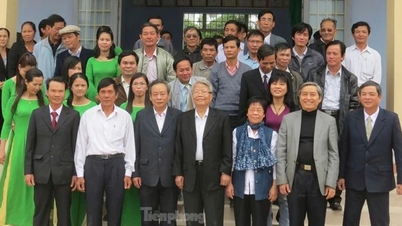

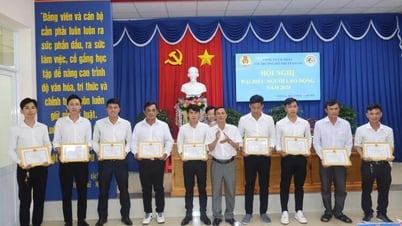





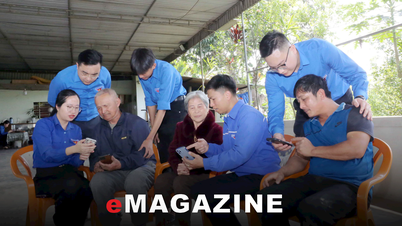

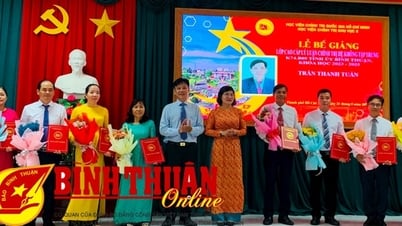





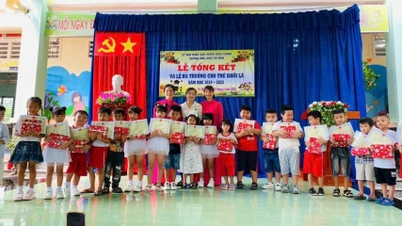
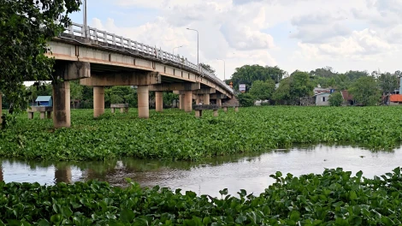
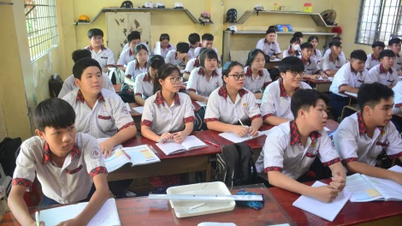
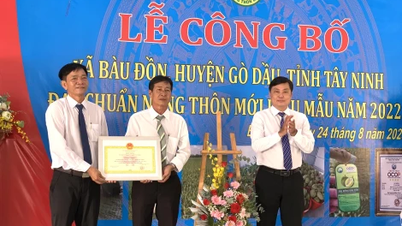
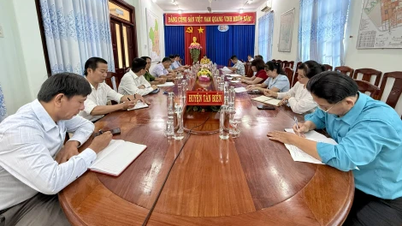
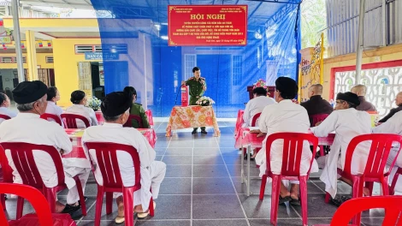




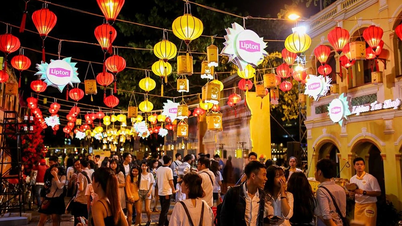

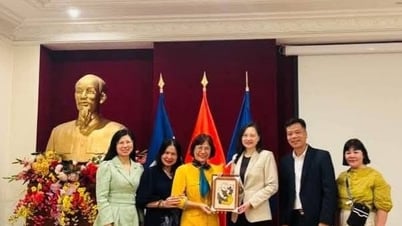


























![[Photo] The Central Party Executive Committee delegation visits former President Tran Duc Luong](https://vphoto.vietnam.vn/thumb/402x226/vietnam/resource/IMAGE/2025/5/24/32f67673454445aab0f1f2af331cb170)
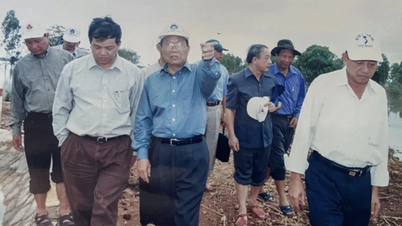

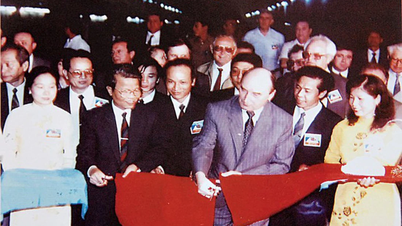


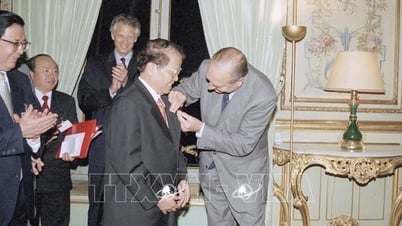

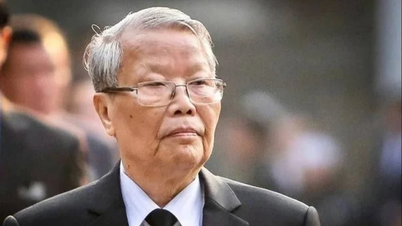








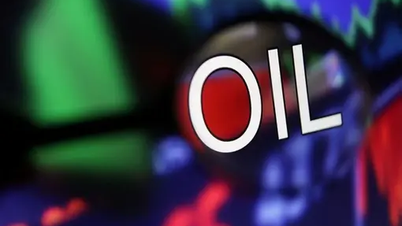












Comment (0)